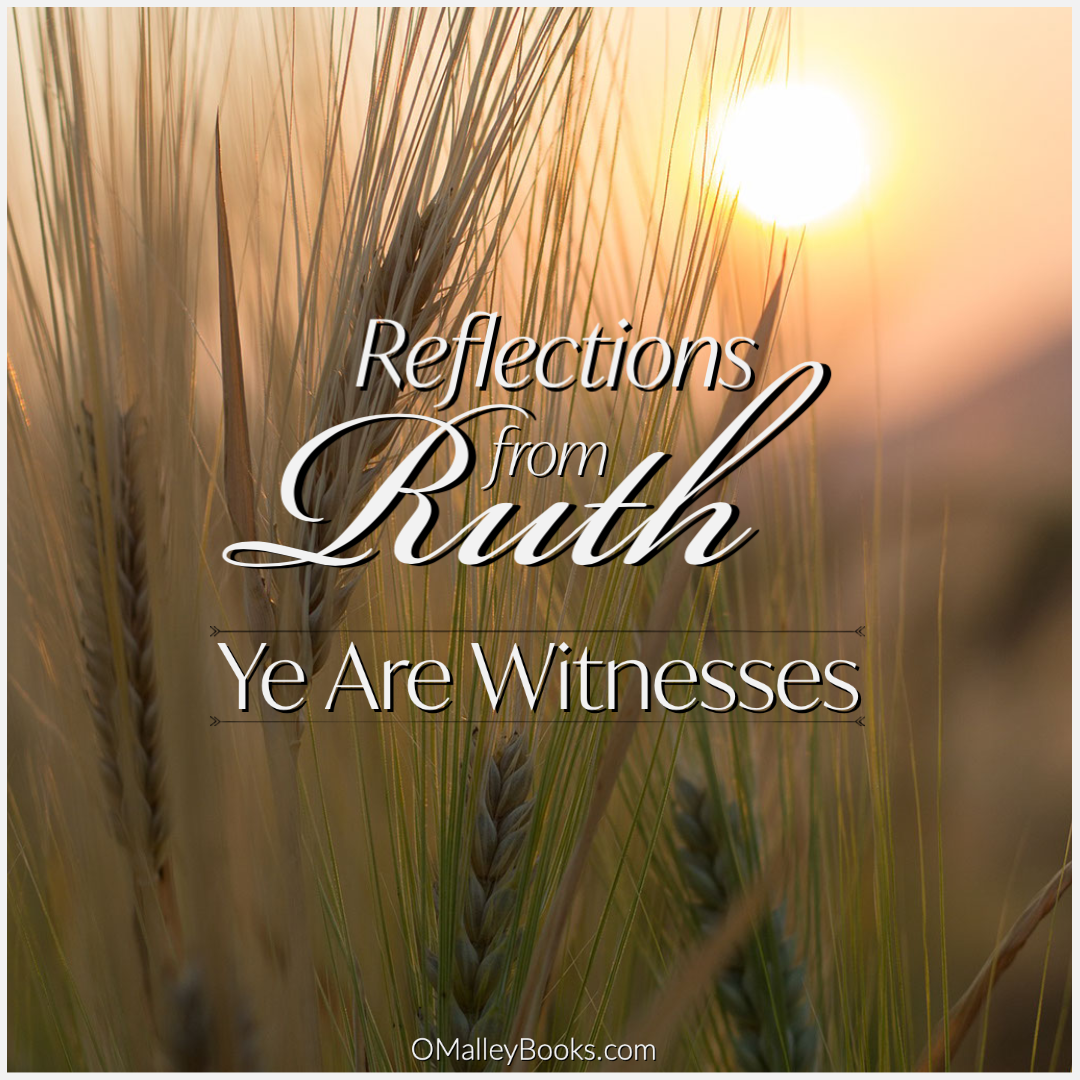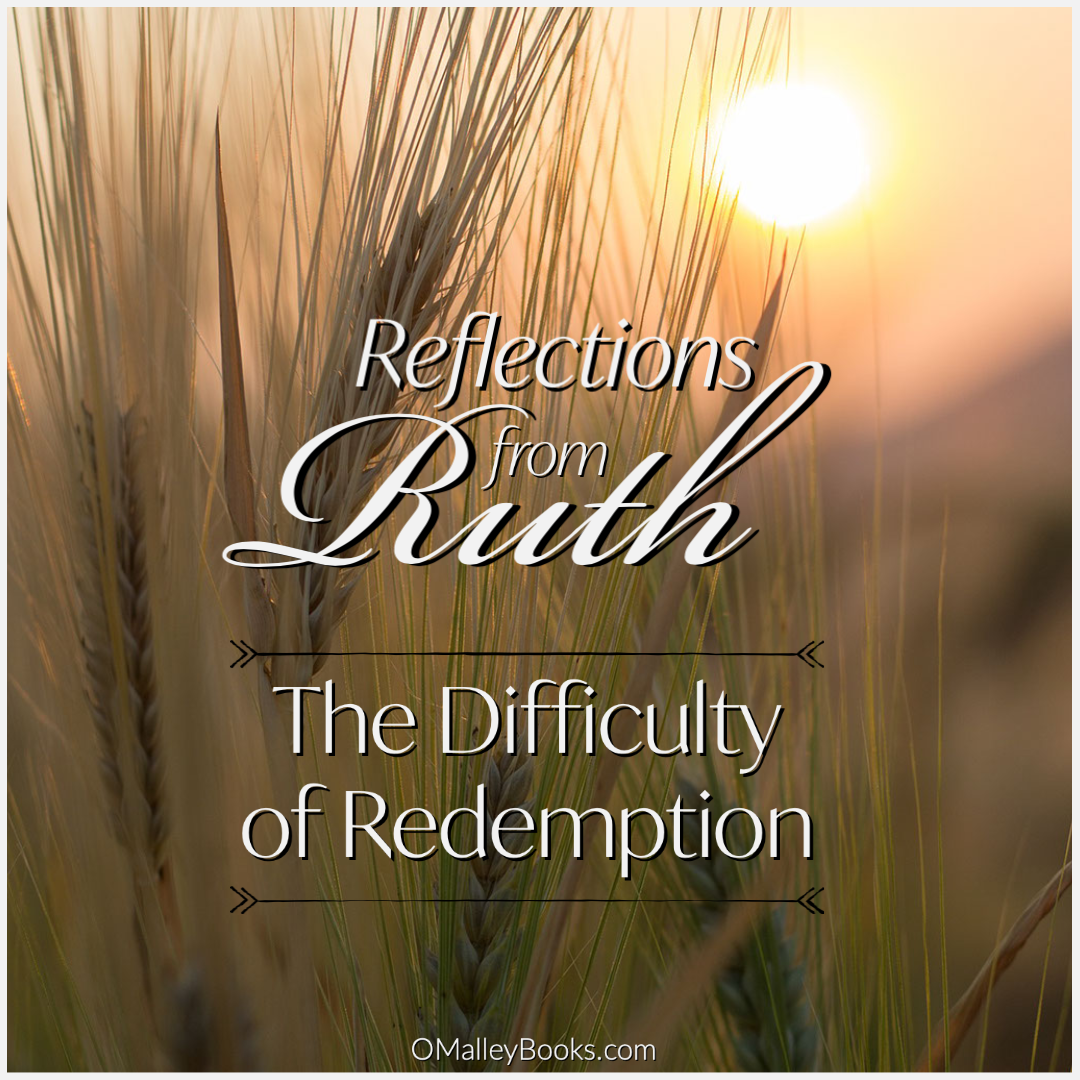by John O’Malley
“Moreover Ruth the Moabitess, the wife of Mahlon, have I purchased to be my wife, to raise up the name of the dead upon his inheritance, that the name of the dead be not cut off from among his brethren, and from the gate of his place: ye are witnesses this day” (Ruth 4:10).
Boaz invited ten witnesses to the gate to listen to his announcement of redemption. Yet more came as word quickly spread through this quiet village amongst those that passed through the gate. This crowd gathered to listen. What they heard was an unprecedented announcement. They had not witnessed, nor would their generation see again, the redemption of a Moabite.
The next time scripture will record a similar redemption would be with our Eternal Boaz.
Boaz made it clear: Ruth was to be his wife, and they would have a son. He would honor his relative Elimelech and his sons Mahlon and Chilion, and he would redeem all that belonged to them.
However, Boaz chose to end his announcement with five words that held them accountable to what they had heard and seen of the day of Ruth’s redemption. Boaz knew a day might come to their quiet hillside village where one might question his marriage to a Moabite. This gathering and all who would hear of what happened in the life of Ruth would know that Boaz had chosen to redeem all that had belonged to Elimelech.
He did not select or elect the preferable elements of Elimelech’s house to redeem. He chose to redeem all that belonged to Elimelech. This included Elimelech’s indebtedness, as well as the individuals and the inheritance connected to it.
Boaz made sure the invited and interested witnesses knew they had a responsibility in redemption. They were to bear witness of this event. They were to tell those with questions about Boaz’s redemption that they knew what had happened because they had been commissioned as witnesses by Boaz.
Your redemption enlists you as a witness of His redemption. These men who took the message of redemption in a short time were accused that they had turned the world upside down with the message of His redemption. Have you turned your world upside down with the message of His redemption?
Think about it...





















